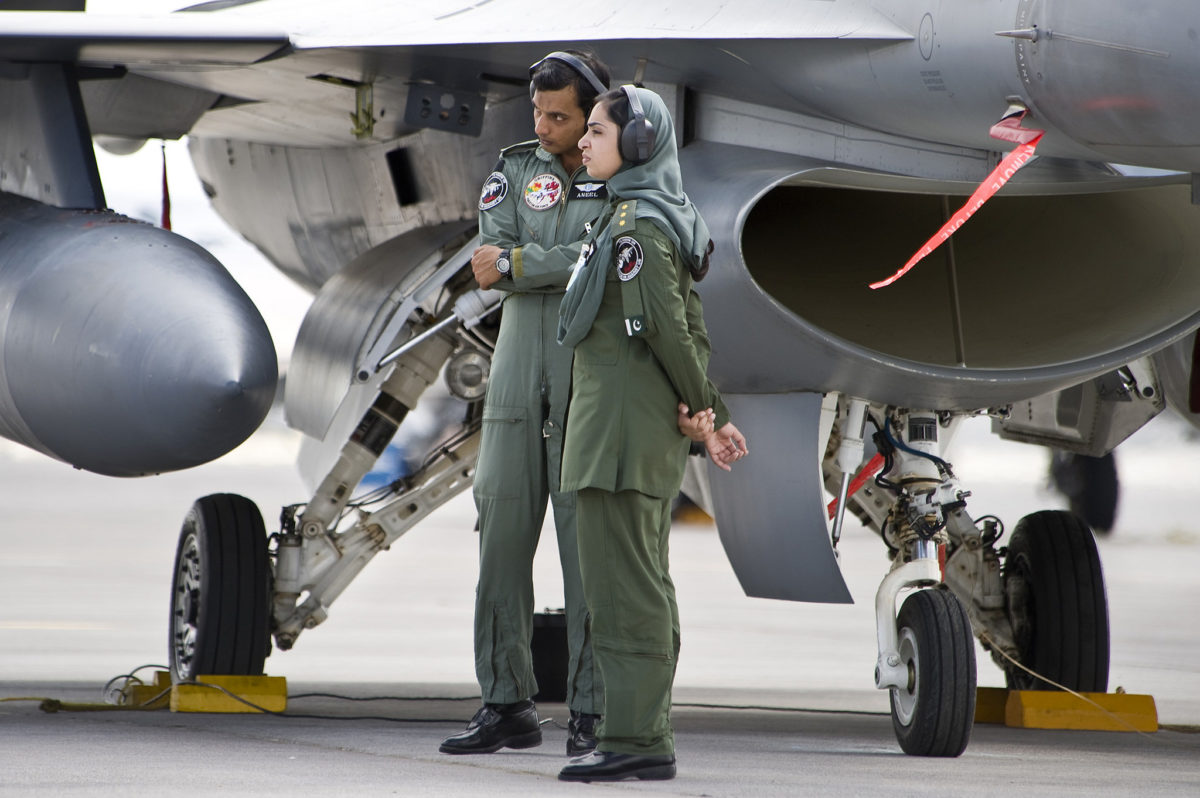Pakistan’s National Electric Power Regulatory Authority (NEPRA) has issued a notice of admission for a hearing regarding the determination of tariffs for a 49.5 MW solar project.
Javed Solar Park (Pvt.) Ltd. opened a procedure under which NEPRA will determine a reference generation tariff for its 49.5 MW solar park in Luni, in the Khyber district. The company proposed a tariff of $0.0855/kWh for the first 11 years of operation, $0.0565/kWh for the following two years and $0.02969/kWh for years 14 to 25. The levelized tariff would be $0.07145/kWh, according to an announcement by NEPRA.
Pakistan’s 25-year tariffs have come down from $0.14/kWh to as little as $0.05/kWh for 50-100 MW projects, but are still subject to determination by NEPRA.
A hearing will be held on January 30 to determine whether the tariff proposed by Javed Solar Park is acceptable and whether the project has been designed under competitive conditions. The process will include a review of EPC and operations and maintenance costs as well as other financials. At a similar hearing in October, independent power producer Kulachi Solar Power Pvt. Ltd. suggested a levelized tariff of $0.076/kWh.
Two tariff routes
Popular content
According to the Renewables Readiness Assessment: Pakistan report produced by the International Renewable Energy Agency (IRENA) in April, the nation’s renewable power market will widen to include projects sought by NEPRA as well as unsolicited schemes, although at that point none of the former had occurred. NEPRA has set in motion a process for competitive bidding auctions. For unsolicited projects, project owners can opt for either “cost-plus” or “upfront tariffs”.
In both, NEPRA determines “the technical and financial parameters for capital and operating expenditures, and applies a rate of return on equity”, according to the IRENA report. With the “cost-plus” mechanism, the project owner files a proposed tariff which NEPRA reviews and adjusts if necessary. The “upfront tariff” involves NEPRA and other relevant agencies predetermining tariffs for specific project types and inviting industry representatives and experts to comment before setting a final feed-in tariff.
Also in Pakistan, the director-general of the Works & Chief Engineers of the armed forces has opened a qualification process for companies to build a 26.5 MW solar portfolio at various locations.
Last week, the World Bank and the government of Pakistan signed an agreement to back the Sindh Solar Energy Project with $100 million. The project will see 400 MW of generation capacity installed at large-scale sites as well as 20 MW of distributed generation.
This content is protected by copyright and may not be reused. If you want to cooperate with us and would like to reuse some of our content, please contact: editors@pv-magazine.com.



1 comment
By submitting this form you agree to pv magazine using your data for the purposes of publishing your comment.
Your personal data will only be disclosed or otherwise transmitted to third parties for the purposes of spam filtering or if this is necessary for technical maintenance of the website. Any other transfer to third parties will not take place unless this is justified on the basis of applicable data protection regulations or if pv magazine is legally obliged to do so.
You may revoke this consent at any time with effect for the future, in which case your personal data will be deleted immediately. Otherwise, your data will be deleted if pv magazine has processed your request or the purpose of data storage is fulfilled.
Further information on data privacy can be found in our Data Protection Policy.